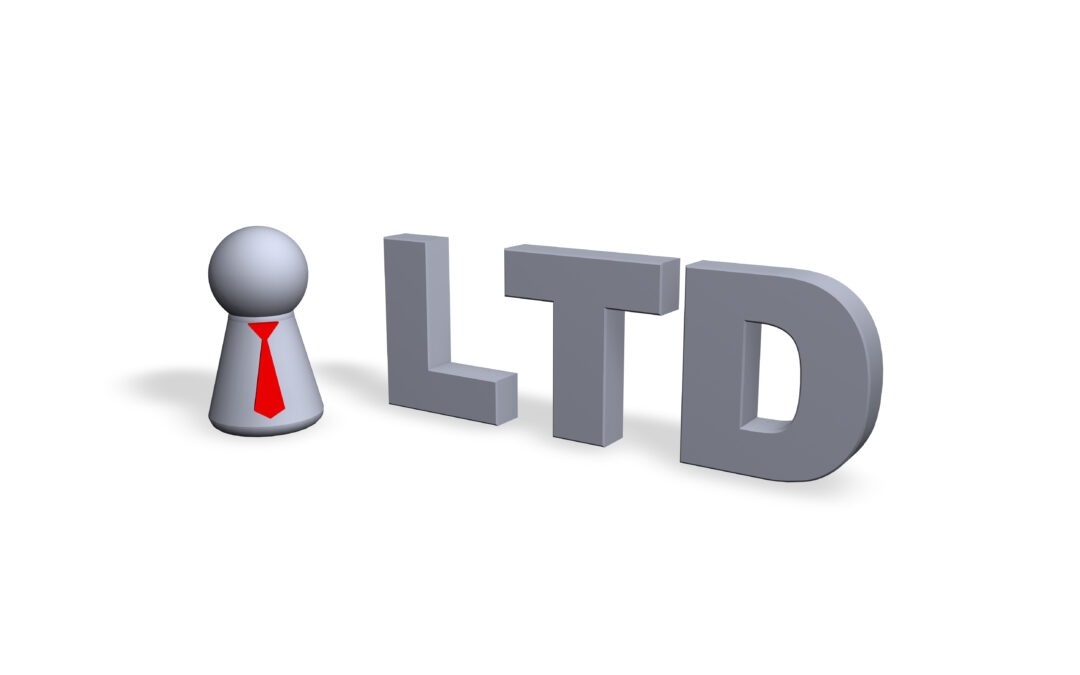MTD and Incorporation , not something you normally see in the same sentence. From April 2026, self-employed individuals and landlords earning more than £20,000 annually will need to comply.
If that’s you, get ready for big changes in how you report your income.
But what if you’re a sole trader thinking about incorporation?
Could becoming a limited company delay your need to comply?
Let’s break it down and see if that move makes sense for your business.
Let’s explore MTD and Incorporation
What Is MTD for Income Tax?
MTD stands for Making Tax Digital.
It’s HMRC’s strategy to modernise tax by making it digital, consistent, and easier to manage.
Instead of one tax return per year, you’ll submit updates every quarter.
You must also use MTD-compatible software to record your income and expenses digitally.
Your traditional Self Assessment return will disappear.
Instead, you’ll send four updates a year, plus one final declaration.
This changes everything about how you manage your taxes.
Need help choosing the right MTD software?
Check out our Making Tax Digital resources for guidance.
Who Needs to Comply with MTD?
From April 2026, MTD will apply to:
- Self-employed business owners
- Landlords with rental income
- Individuals earning over £20,000 from these sources
You’ll need to register for MTD and start submitting quarterly updates.
Miss a deadline, and you risk penalties.
Some Will Receive Letters from HMRC
If you fall under the MTD rules, expect a letter from HMRC.
Don’t panic. Don’t ignore it.
We’ve got you covered.
Our team helps you understand these letters and what actions you need to take.
You’re not alone—we handle the admin, tech, and deadlines for you.
What About Companies?
If you’re running a limited company, there’s good news—for now.
The government has not yet confirmed when MTD will apply to Corporation Tax.
That means companies aren’t required to follow MTD rules just yet.
So, could becoming a company help you avoid or delay the need to comply?
Let’s explore that idea next.
Should You Incorporate to Avoid MTD?
Many self-employed people are asking the same question.
“Should I incorporate to avoid the hassle of MTD?”
On the surface, it sounds tempting.
Companies don’t yet need to follow the MTD rules.
They file Corporation Tax returns annually—not quarterly.
That could buy you some time.
But does it make sense in the long term?
Incorporation Isn’t Just About Tax
In the past, going limited meant saving tax.
That’s less true today.
Tax benefits from incorporation have shrunk.
Depending on how much profit you earn and withdraw, you might save very little—or nothing.
More importantly, becoming a company comes with more admin and responsibilities.
You’ll need to:
- Register with Companies House
- File annual accounts and a confirmation statement
- Run a payroll system
- Submit tax returns to HMRC and Companies House
- Pay Corporation Tax
Miss a deadline, and you face fines or penalties.
In short, incorporation is not a shortcut to avoid tax responsibilities.
It’s a strategic decision that must be based on your business needs.
Want to know more?
Read our guide on incorporating your business.
Admin and Compliance: MTD vs Limited Company
MTD will increase admin for self-employed people.
Quarterly updates mean more deadlines and more software costs.
But limited companies face admin too, just in different ways.
You deal with payroll, NICs, VAT (if registered), and Corporation Tax.
So, ask yourself:
Do you want to take on new software and quarterly updates, or deal with the complexity of running a company?
Neither path is without responsibility.
It’s about choosing the one that suits your goals.
Let’s Talk Costs
Here’s a quick look at the costs involved.
For self-employed individuals under MTD:
- You’ll need paid-for software
- You must keep digital records
- You’ll submit updates four times a year
For limited companies:
- You have one off incorporation costs
- You file a confirmation statement annually
- You must run payroll if you pay yourself
- You still need digital tools and accounting support
Both options involve costs.
Both require time, effort, and good record keeping.
What’s the Bottom Line?
Incorporating may delay your MTD requirements—but it comes with other responsibilities.
There’s no one-size-fits-all answer.
Some businesses will benefit from going limited.
Others are better off staying self-employed and embracing digital tools.
The key is making an informed decision based on your profits, structure, and goals.
At I Hate Numbers, we support you through every stage of that journey.
We’ll help you:
- Understand MTD and what it means
- Choose the right software
- Decide if incorporation fits your goals
- Set up systems that save time and reduce stress
Don’t Let MTD Stress You Out—We’ve Got This
If you get a letter from HMRC, don’t worry.
It doesn’t mean you’re in trouble—it means it’s time to act.
We help you respond quickly and set up everything you need.
You’ll stay compliant without losing sleep over tax deadlines.
MTD doesn’t have to be a headache.
It can be an opportunity to get organised and make your business future-ready.
Book a Call and Let’s Talk
Want help deciding whether to incorporate or stay self-employed?
Need support to prepare for MTD? Do you want to find out more about MTD and Incorporation
We’re here to help.
Our friendly team breaks down the jargon, keeps you compliant, and helps you focus on what matters.
Book a call today to discuss your next move.
Plan it, Do it & PROFIT!
